Exile and Social Thought —— Hungarian Intellectuals in Germany and Austria, 1919-1933
----- 流亡与社会思想:在德国和奥地利的匈牙利知识分子,1919-1933年
Embroiled in the political events surrounding World War I and the failed Hungarian revolutions of 1918-19, a number of intellectuals fled Hungary for Germany and Austria, where they essentially created Weimar culture. Among them were Georg LukNBcs, whose History and Class Consciousness recast Marxism and challenged even those who repudiated its politics; Bela BalNBzs, who pioneered film theory and collaborated with film-makers G. W. Pabst, Leni Riefenstahl, and Alexander Korda; LNBszlc Moholy-Nagy, who codirected the Bauhaus during its heyday in the mid-1920s; and Karl Mannheim, whose Ideology and Utopia was the most widely discussed work of noncommunist social theory during the Weimar years. In this collective portrait combining intellectual history with biographical detail, Lee Congdon describes how Hungarian thinkers, each in a different way, passionately advocated the need for community in a Europe torn by war and revolution. Whether communist, avant-gardist, or Catholic convert, each thinker is examined within the vast tapestry of his works, his cultural and intellectual milieu, and his experience as an exile. Despite the ideological differences of these men, Congdon reveals how their personal destinies and social goals often merged. Since many were assimilated Jews, he argues that their thinking on society was inextricably intertwined with their youthful sensitivity to anti-Semitism in Hungary and with the isolating limitations of their lives in Germany and Austria.
{{comment.content}}
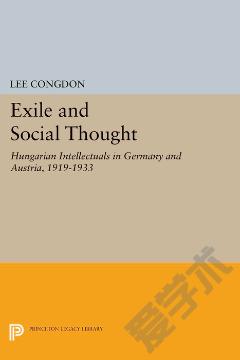
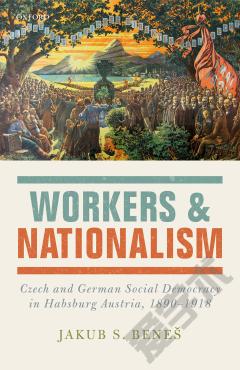
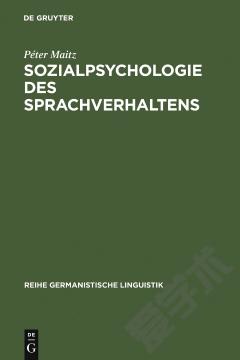
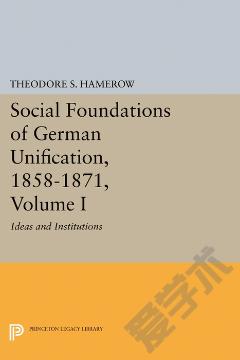


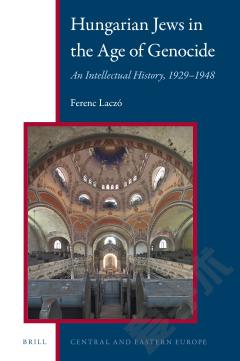

 京公网安备 11010802027623号
京公网安备 11010802027623号